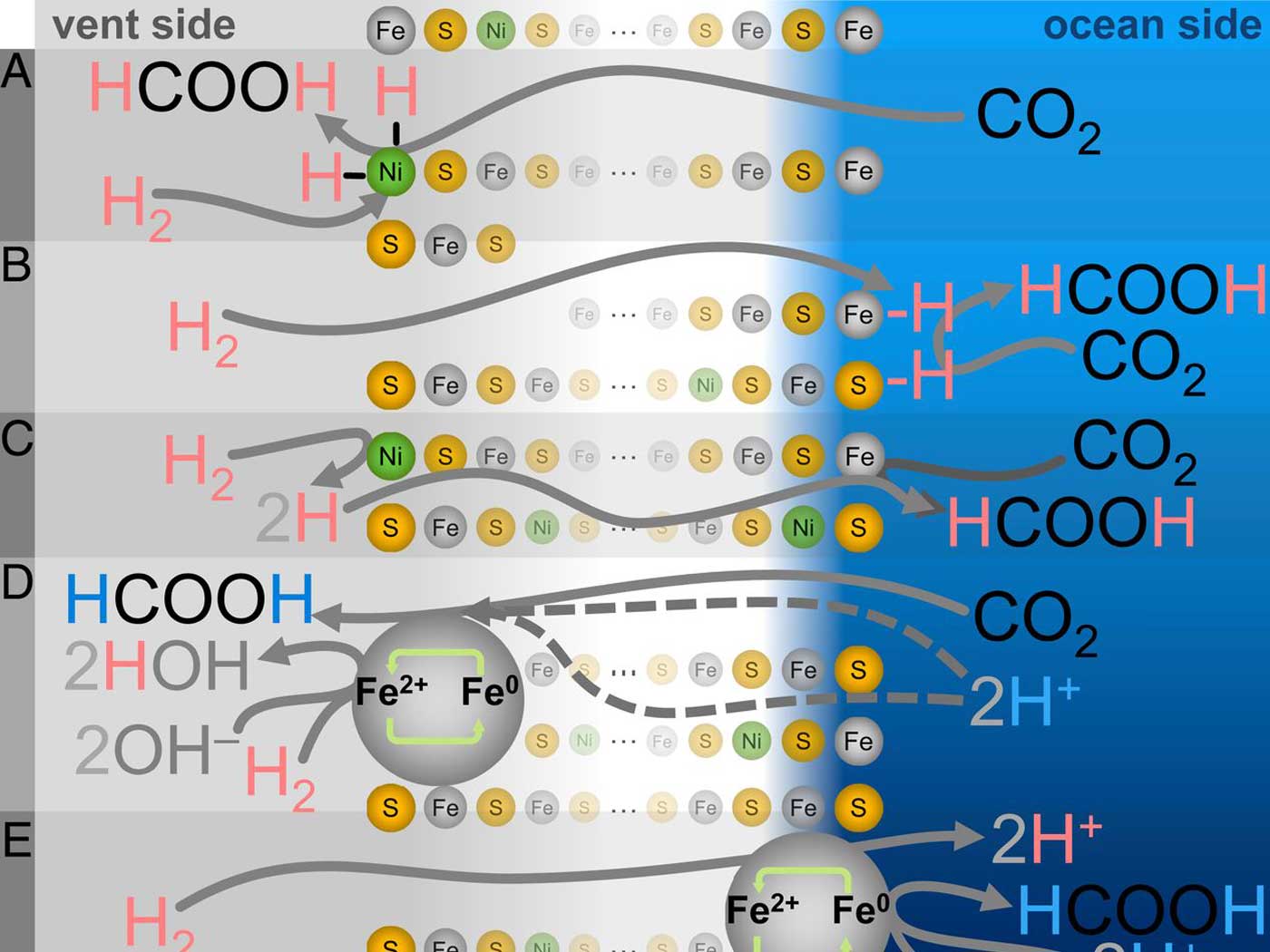Search Tools
New Defender's Study Bible Notes
3:12 hasting unto the coming. That is, “hastening the coming.” From the human perspective, we can hasten the return of Christ by helping to win converts to Him. The reason why He has not already fulfilled “the promise of His coming” (II Peter 3:4) is because He is waiting for all the elect to “come to repentance” (II Peter 3:9).
3:12 heavens being on fire. The “heavens” here probably refer only to the atmospheric heavens, whose elements (hydrogen, oxygen, nitrogen, etc.) must also be “dissolved” (literally “unloosed”), since they are also presently under “the bondage of corruption” (Romans 8:20-22) and must be cleansed and renewed just as the elements of the earth. It is even possible that the purging will dissolve and cleanse the starry heavens also, since these once were the domain of “the angels that sinned” (II Peter 2:4) and since “the whole creation” (Romans 8:22) is now in bondage to the law of decay.
3:12 elements. The word “elements” is translated from the Greek stoicheion, meaning “fundamental constituents” and implies an orderly arrangement of these basic entities. Ever since the primeval curse, which affected even “the dust of the ground” (Genesis 2:7; 3:17), out of which all things had been made, this orderly arrangement has been deteriorating slowly. The disintegration process will be speeded up and completed in the great “dissolving.” This will not be annihilation, however, for God does not “uncreate” what He created. “Whatsoever God doeth, it shall be forever” (Ecclesiastes 3:14). His basic principle of conservation of mass/energy, the most basic and pervasive law known to science, will still hold; Christ will still be “upholding all things by the word of His power” (Hebrews 1:3).
3:13 his promise. All the promises of God, especially including His promise to return and complete His great work of redemption, will be fulfilled, though it seems to us to be long delayed (II Peter 3:4). The old cosmos will have been dissolved, its material elements having been converted temporarily into energy (light, heat, sound, etc.), but will then be made over again as a “new” (Greek kainos, meaning “fresh,” rather than “young in age”) cosmos, with all the age-long effects of sin and the curse forever removed (with the one exception of the lake of fire and its inhabitants—see notes on Revelation 20:10).
3:13 dwelleth righteousness. The new heavens and new earth will no longer harbor any remnants of sin and its effects, so will “remain” forever (note Isaiah 65:17; 66:22; also note Revelation 21:1-5).
3:14 found of him. Even though Peter knew He would soon die, he still wrote to his “beloved” friends as though they might still be living when Christ returned (note also I John 2:28), urging them to live in the light of His expected imminent return. This admonition surely applies even more to us today. Incidentally, Peter interjects this appellation of endearment, “beloved,” no less than six times in this short epistle, more than in any other New Testament book except Romans.
3:15 hath written unto you. Evidently Peter’s readers in the churches of Asia had already read one or more of Paul’s earlier epistles, and had accepted them as inspired and authoritative. In his very first (or possibly second) epistle, Paul also had written about the imminent coming of the Lord, urging his readers to live in light of that fact (note especially I Thessalonians 5:4-24).












